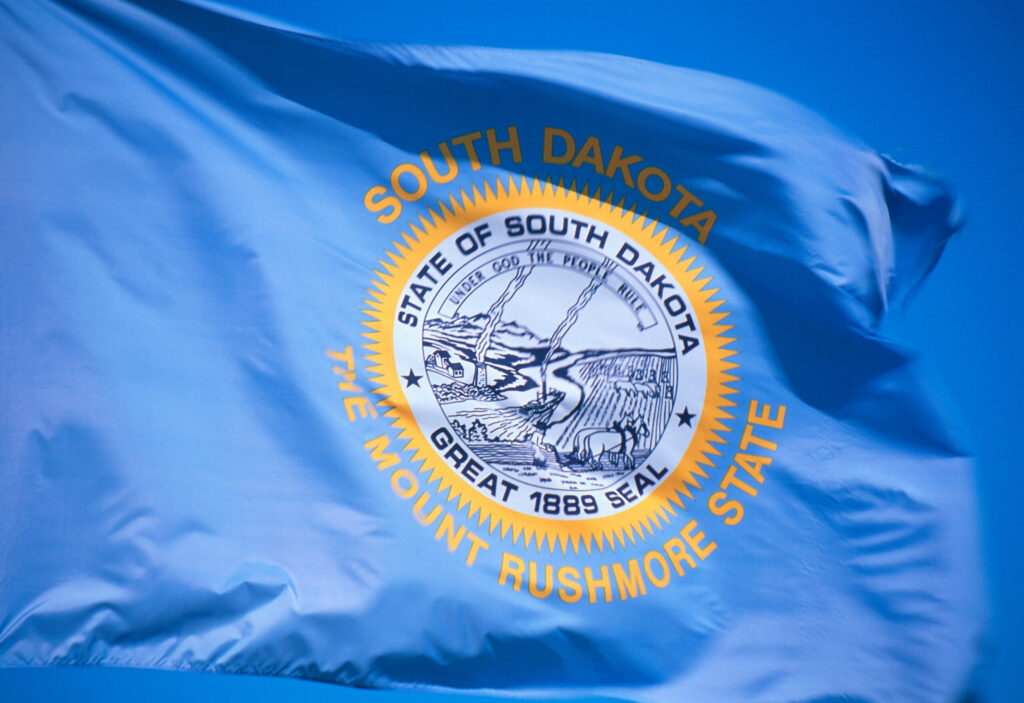South Dakota’s Initiative Measure 28: Unintended Consequences for Sales Tax Base
South Dakota’s Initiative Measure 28 seeks to eliminate grocery taxes, a popular move but one that could be problematic within the state’s unique tax framework. This initiative, intended to exempt groceries from sales tax, could inadvertently extend these exemptions to items such as cigarettes due to ambiguous wording. South Dakota, lacking an income tax, largely depends on a comprehensive sales tax. Narrowing this tax base could lead to significant implications, especially as evidence suggests that grocery tax exemptions are not the most effective form of tax relief for low-income households.
The proposal states that the state cannot tax sales of "anything sold for human consumption," excluding alcohol and prepared food, but towns can continue to impose such taxes. This has led to confusion as to whether cigarettes and tobacco products are included in the exemption. Unlike other states that have clearly outlined their policies, South Dakota’s concise description might lead to contention and varied interpretations as lawmakers and businesses react.
In a recent move to provide sales tax relief, state lawmakers reduced the sales tax rate from 4.5% to 4.2%, with an intention to make this change permanent depending on future revenues. However, implementing a grocery exemption could complicate efforts to solidify the current rate reduction. Prominent political figures, including the governor, oppose the measure, highlighting its ambiguous language and potential repercussions, while several Democratic legislators advocate for it as a means to introduce more progressivity in the tax system.
While many perceive a grocery exemption as progressive, this view overlooks key considerations. Low-income households currently benefit from federal exclusions on sales tax for purchases made under SNAP or WIC benefits. Consequently, further exemptions could create less tax relief for these families compared to a broad-based lower sales tax rate. Current estimates suggest that Measure 28 could cut state revenues by $102.4 million annually, affecting 4% of the state’s general fund. This does not account for potential declines from tobacco tax revenues, which could further constrict financial resources.
Ultimately, South Dakota policymakers must weigh whether maintaining a lower sales tax rate or exempting grocery items will offer better support to its low-income residents. Evidence indicates the greater benefits stem from a lower rate overall since it applies to a broader range of purchases beyond groceries. With sales taxes being economically efficient by focusing on consumption rather than income, South Dakota maintains one of the most effective systems without an income tax.
If revisions continue to erode the tax base with exemptions, they result in higher rates for remaining taxable items. This cycle could force lawmakers to introduce additional taxes to balance budget deficits. Therefore, retaining a broader tax base with a lower rate, potentially reducing it further to 3.9% if budgetary conditions permit, supports the state’s reliance on this revenue source and its economic strategy.
Stay informed on the tax policies impacting you.
Subscribe to get insights from our trusted experts delivered straight to your inbox.
Subscribe
Share this article:



